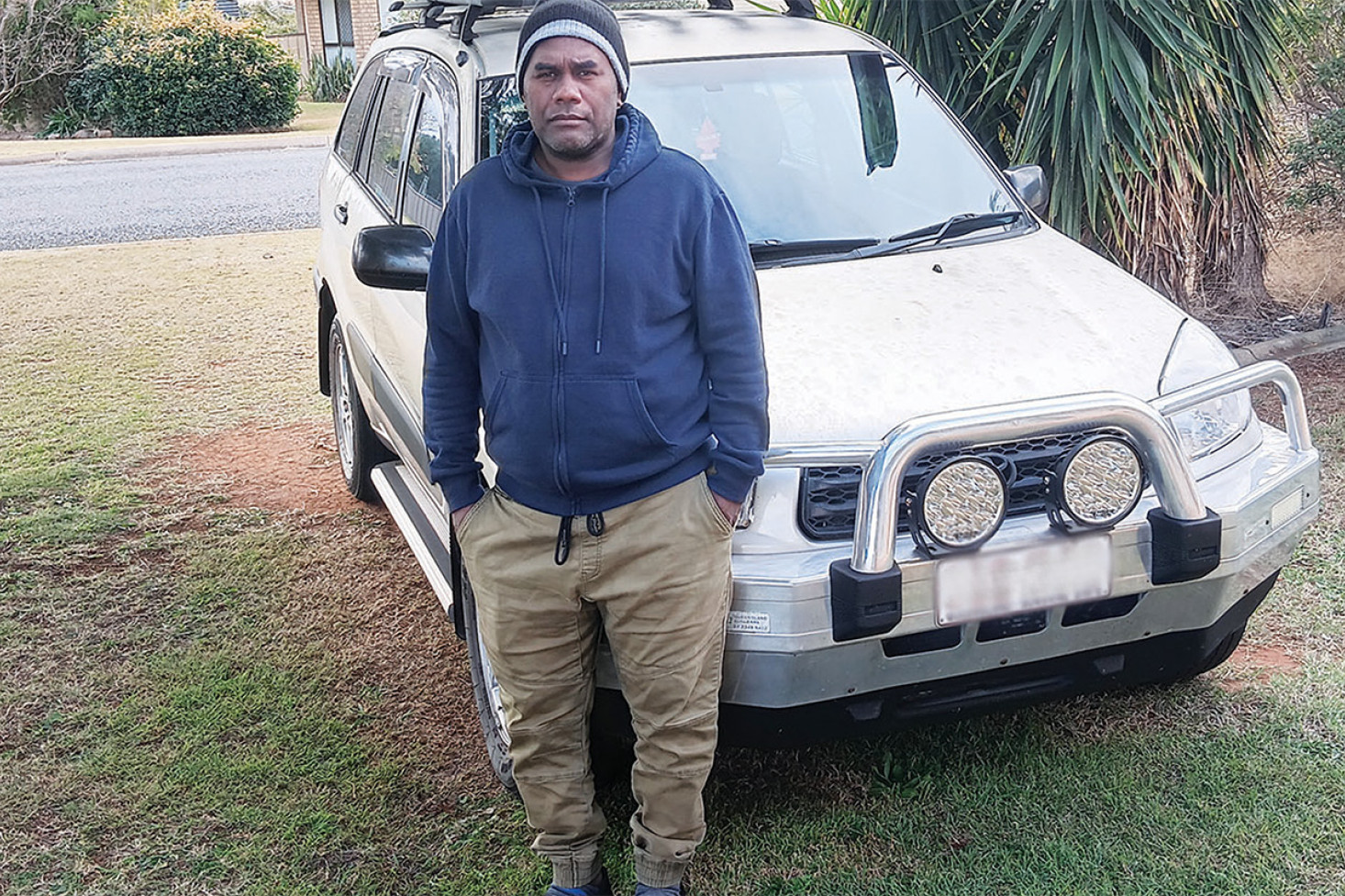General News
26 June, 2025
Islanders missing out on super
A new study has revealed that many members of Australia’s Pacific Islander workforce are not accessing the superannuation they are owed.

More than 31,000 workers participated in the Pacific Australia Labour Mobility (PALM) scheme in rural and regional Australia in March 2025, helping to fill labour gaps in agriculture, aged care, hospitality and tourism.
PALM workers on a nine-month visa typically accumulate between $3000 and $4000 in superannuation before tax, while those on four-year visas can accumulate up to $16,000.
This superannuation can only be claimed after a worker’s visa expires and they’ve returned to their home country.
The process of accessing the funds can be difficult and time consuming.
Some of the challenges involved include the complex legislative requirements, administrative red tape, lack of access to computers and the internet, lack of financial capability, and cultural and language barriers.
The study, by the University of South Australia (UniSA) found many PALM workers are unaware that these funds can be repatriated and that as a result, millions of dollars in superannuation is currently being held by the Australian Taxation Office (ATO).
University of Southern Queensland Professor of Economics and Head of the School of Business Fabrizio Carmignani, who followed the study, said language barriers provide particular difficulties for Pacific Island workers in Australia.
“This study found there is quite a large amount of super money is not being claimed due to lack of information or bureaucratic barriers,” he said.
“One good way to solve this problem would be to simplify the process and to make information more accessible to the workers.
“Studies show often foreign workers would like the money to be paid upfront, because they need to send it back home.
“Super is an important concept for retirement, but the family circumstances of many of these workers, mean that for them, it is important to have the money now, rather than in super.”
Abattoir worker Hickson Billy, who has worked in Oakey for four years through the PALM scheme, says that the Oakey PALM workers were informed of their superannuation payments by their labour hire company (the Brisbane-based Regional Workforce Management) before undertaking work.
He says that the company sends an employee to their Oakey office once a month to answer questions about superannuation, but that many workers don’t take advantage of this.
Mr Billy said workers from his country, the Solomon Islands, often struggle to access the money once they have returned home due not only to poor internet access and language barriers, but the distance involved.
“They travel to Honiara (the capital of the Solomon Islands on the main island of Guadalcanal) and book places to stay to do the forms,” he said.
“They have to go to the government unit through which they arranged, and wait in line for the officer, sometimes into the evening.
“If they had the confidence to do it properly, (the process) would be much easier for them.
“But, only a few are confident enough in English to do it themselves.”
Mr Billy recommends that his co-workers be more proactive while in Australia.
“I recommend that they go to MyGov and the ATO while they are here,” he said.
Despite the study’s recommendation that workers be paid upfront, Mr Billy, who has a wife and children at home says he thinks one benefit of superannuation payments is the fact the workers are guaranteed to have at least some savings while they finish work and return home.
“Some of them would spend it all here,” he said.
The experts involved in the study were UniSA Senior Lecturer and Manager of the UniSA Tax Clinic, Dr Rob Whait, and Dr Connie Vitale from Western Sydney University, who travelled to PALM worker locations across South Australia and New South Wales late last year to support workers to prepare their Departing Australia Superannuation Payments (DASP) claims and other documentation before leaving Australia.
Analysis of the issue by the academics revealed several recommended policy reform options to make it easier for PALM workers to claim their superannuation once their visa expires.
“It was found that allowing workers to automatically have their superannuation paid directly into their own fund in their home country while working in Australia would be the most logical option,” Dr Whait said.
He said the recent visits to the PALM worker locations revealed that paying superannuation into a super fund in their own country was not the most preferred option by the workers themselves.
“A leader among the PALM workers said that he would prefer Australia to follow the New Zealand approach where superannuation is not paid at all, and instead, they get all their money paid as wages.
“Another PALM worker said that the superannuation funds in their country are not being managed in their best interests.
“After visiting PALM worker locations, we were left with the impression that many PALM workers would rather have immediate access to their money to help their families and communities now, rather than wait for retirement.”
The Australian Tax Office says it holds over $1 billion in unclaimed superannuation from over one million accounts of former temporary residents, including PALM workers.


